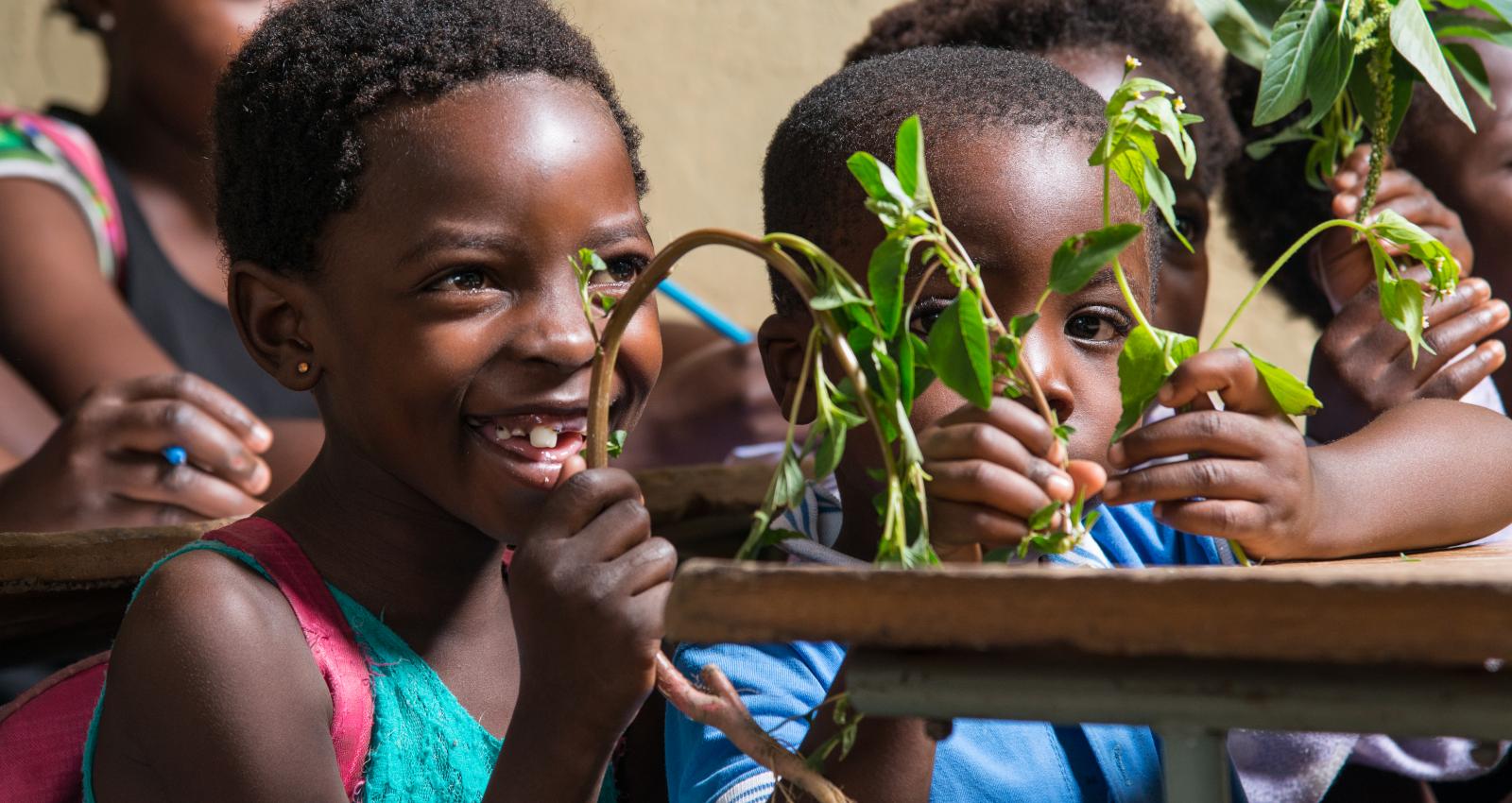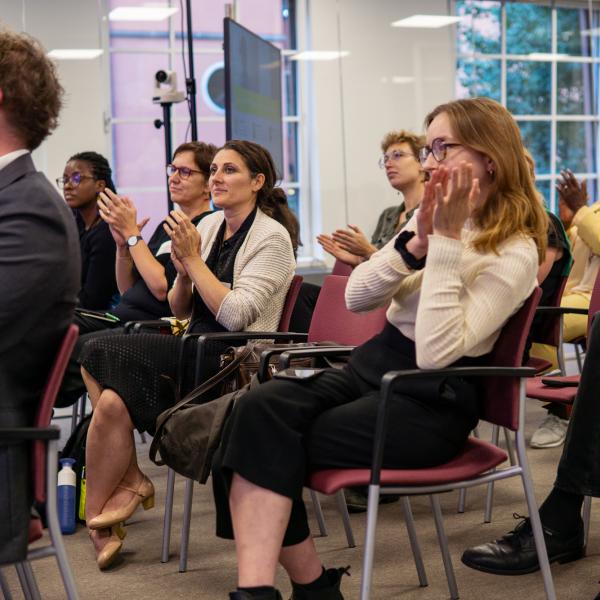The conference on "The cross-impact of climate change and education", which took place on 20 and 21 October 2022 in Brussels, highlighted the role of education as a critical agent in addressing the issue of climate change. During the conference, we explored several avenues for change, but the work is far from being over. This conference was only the beginning. More than ever, we need to support learners, teachers, school leaders, policy makers and all others involved in education to give children and youth the tools to know, act and have a voice in the fight against climate change.
A number of recommendations emerged from this conference, which we shared with Caroline Gennez, Belgian Minister of Development Cooperation.
1. Support the professional development of all education actors on an ongoing basis by
- providing knowledge on climate change to all teachers throughout their careers;
- developing accessible, free and quality training on climate change with and for teachers;
- assessing the impact of local and international government initiatives that engage teachers in climate action.
2. Integrate climate change into curricula by
- giving climate change a prminent position within education on sustainable development and supporting the development of environmentally friendly curricula;
- organising school trips to places where the effects of climate change are clearly visible;
- motivating teachers and students to organise competitions, study trips or other relevant projects where they can actively contribute to climate processes and by giving young people a voice in international events.
3. Promote partnerships between the climate and education sectors (multisectoral approach) by
- setting up partnerships between public and private sectr actors and civil society to organise climate actions in schools (e.g. greening of schools, use of renewable energy sources, sustainable food in school canteens ...);
- focusing on the role that higher education can play in finding and setting up innovative educational projects on climate change.
4. Promote equitable and inclusive participation of all change agents by
- ensuring that teachers, trade unins, student organisations, local communities and indigenous peoples are involved in the development of education and climate policies;
- supporting children, youth and students in their role as change agents by providing technical and financial resources so that they can fulfil this role and be heard in national and international decision-making and events.
5. Promote green and climate-resilient school infrastructure and facilities by
- supporting communities when building green schools and involving end-users in the design process
- organising the maintenance, repair and recycling of electronic equipment for remote learning;
- ensuring that all educatinal facilities are safe, climate-proof and sustainable.
6. Learn from good practices and scale them up by
- establishing multi-stakehlder platforms for discussion and exchange on climate change and education;
- appreciating strategies fr sustainability, supporting and scaling up successful environmental education projects;
- recognising and teaching the diverse knowledge and traditions that embody the deep interconnectivity of humans and nature.
Copyright picture: www.outset.pictures

